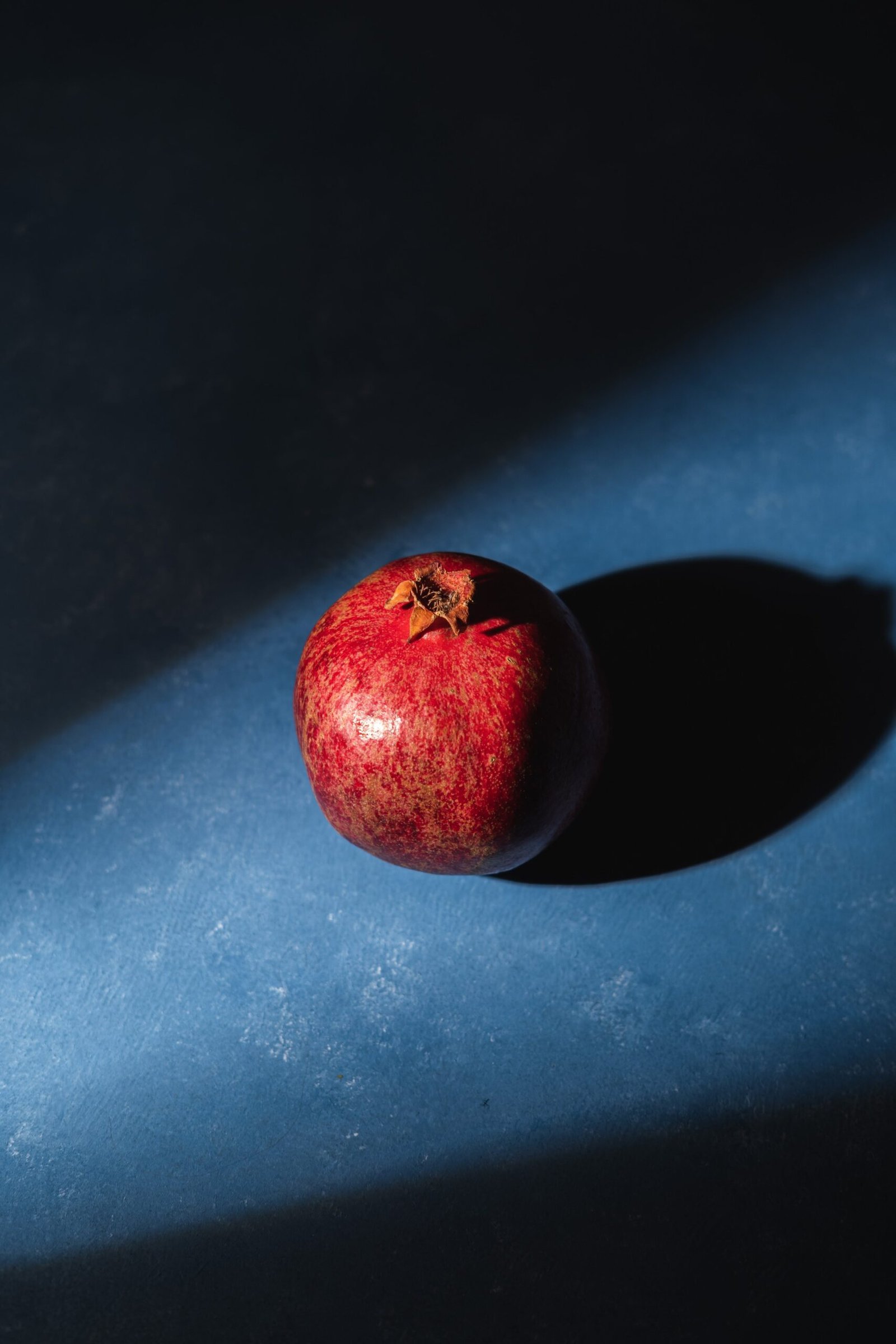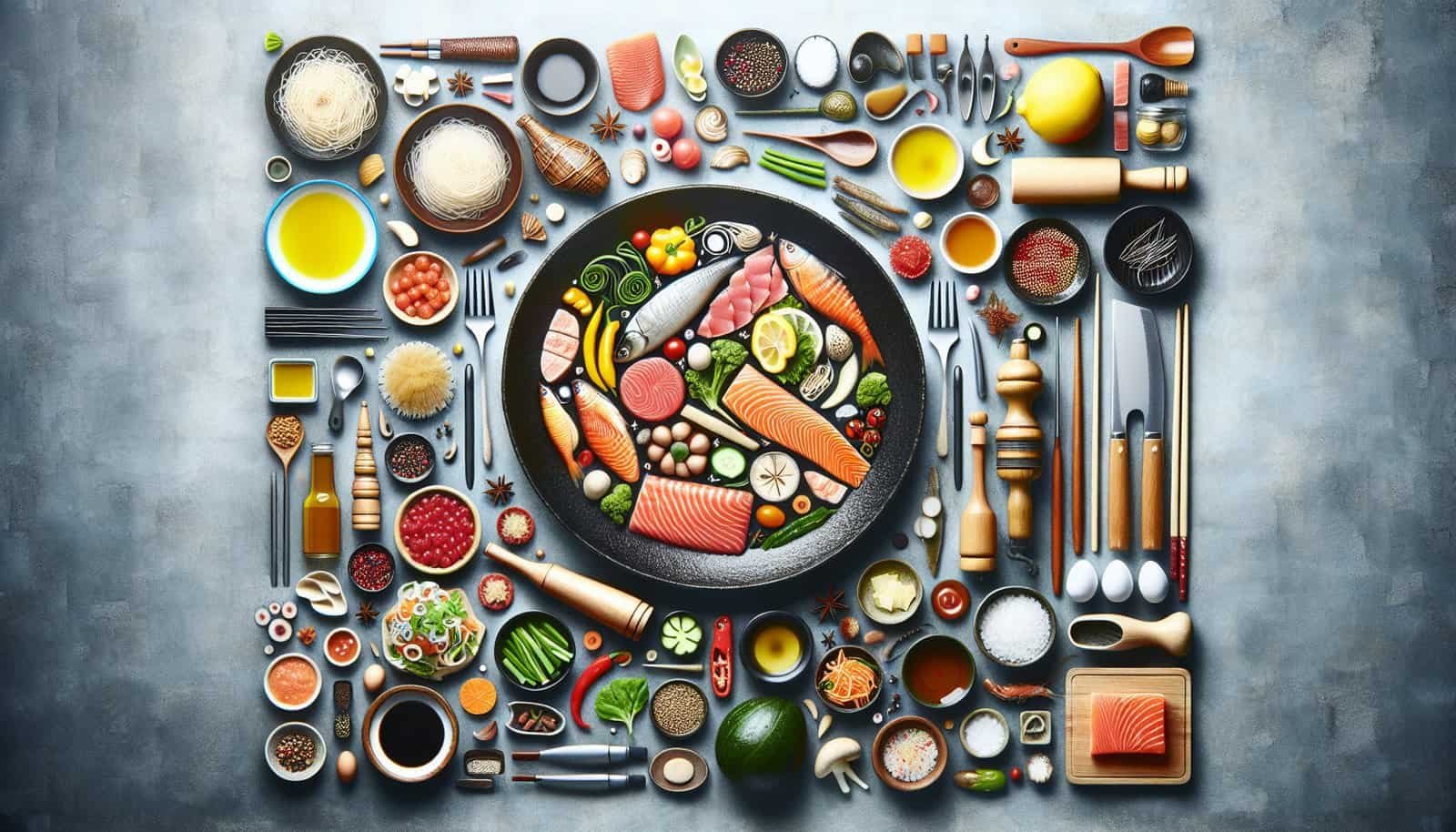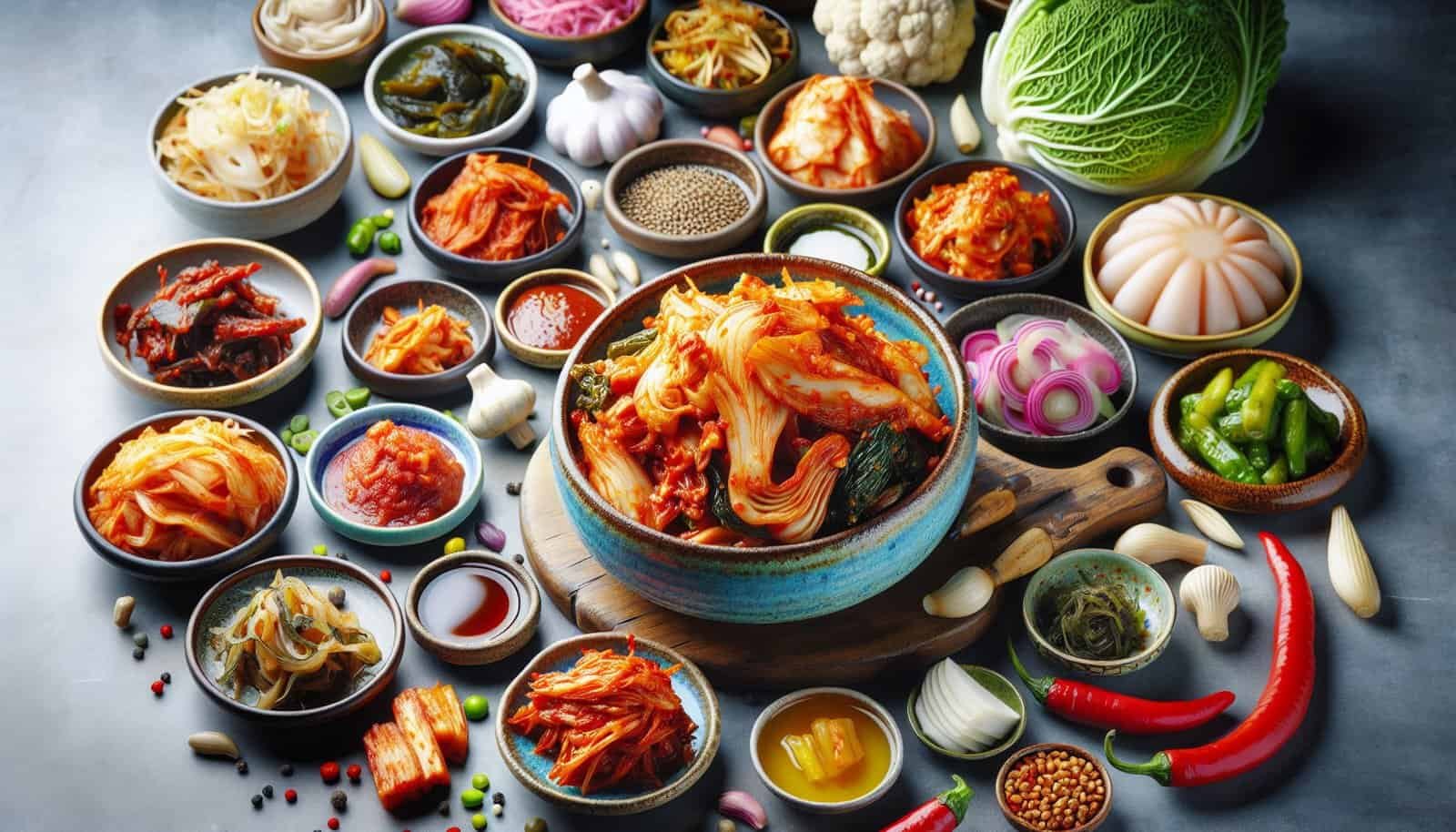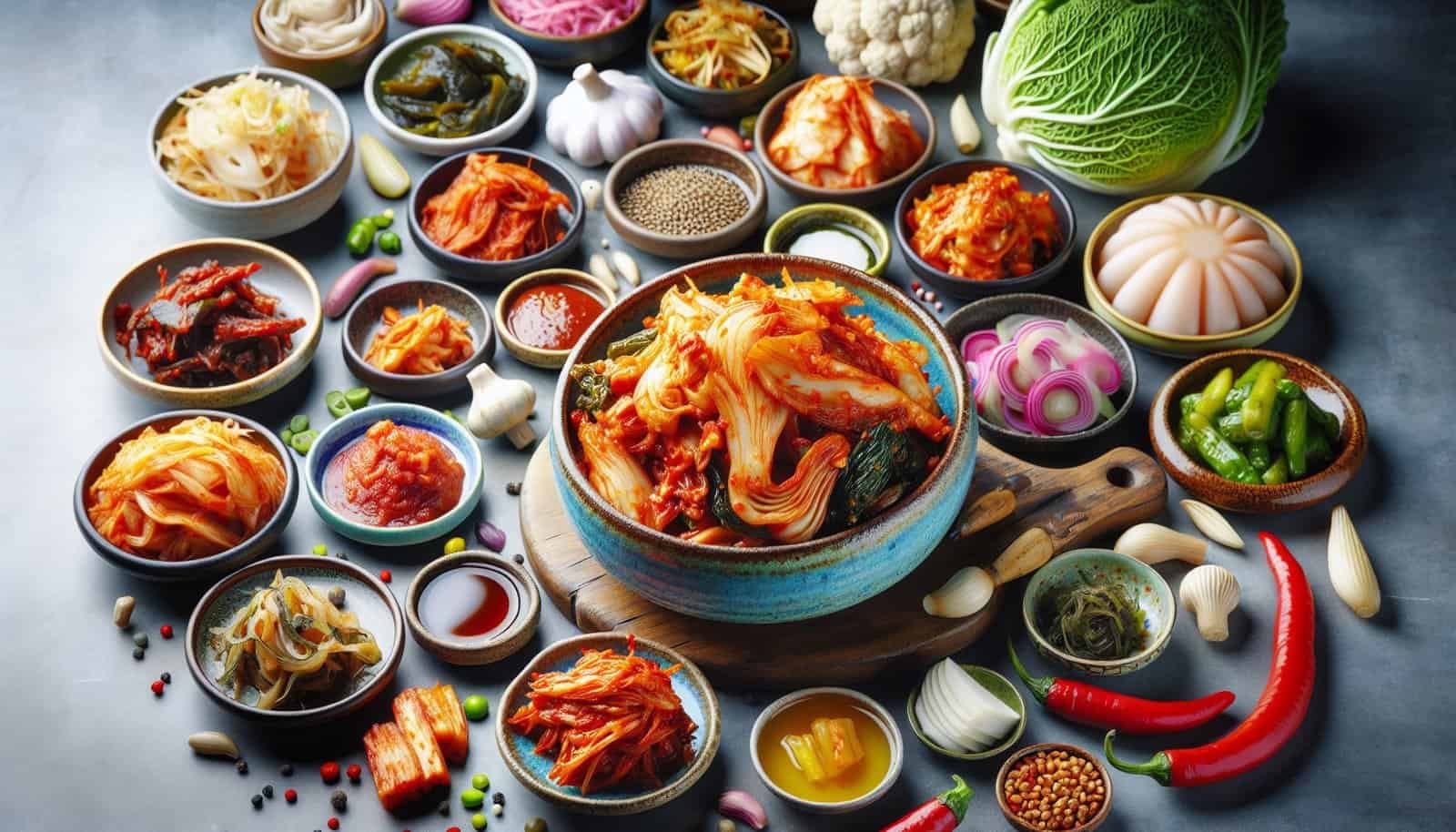Have you ever wondered how Korean cuisine has gained popularity around the world? Well, look no further than the influential power of food bloggers and influencers. These digital tastemakers have played a crucial role in spreading the love for Korean recipes far and wide. Through their captivating content, mouthwatering food photography, and engaging storytelling, they have managed to capture the attention of millions, inspiring people to try their hand at making traditional Korean dishes. In this article, we will explore the significant impact that food bloggers and influencers have had on popularizing Korean recipes, as well as the ways in which they have helped bridge cultural gaps and foster a global appreciation for this culinary treasure.

Introduction
In recent years, food bloggers and influencers have become a driving force in popularizing cuisines from around the world. They have the unique ability to share their passion for food with a global audience through the power of social media. One cuisine that has benefited greatly from this phenomenon is Korean cuisine. The rise of food bloggers and influencers has played a significant role in exposing Korean recipes to a wider audience, promoting cultural exchange, and inspiring culinary creativity. In this article, we will explore the impact of food bloggers and influencers on the popularity of Korean recipes, their role as cultural ambassadors, and the challenges they face in the ever-evolving food influencer space.
1. The Rise of Food Bloggers and Influencers
1.1 The growth of the food blogging industry
Over the past decade, the food blogging industry has experienced exponential growth. What started as a hobby for some enthusiasts has turned into a viable career option for many. Food bloggers have gained credibility and influence as they share their expertise, experiences, and recipes with their followers. This growth is largely due to the accessibility and reach of social media platforms, which have enabled individuals to showcase their culinary creations to a global audience.
1.2 The emergence of social media influencers
Social media influencers have taken the world by storm, with their ability to captivate audiences and shape trends. In the food industry, influencers have become the go-to source for culinary inspiration. With their visually appealing food photographs, engaging storytelling, and relatable personalities, these influencers have amassed large and loyal followings. They have become trusted sources for recipes, cooking tips, and restaurant recommendations, effectively influencing consumer behavior and taste preferences.
1.3 Impact of bloggers and influencers on recipe popularity
Food bloggers and influencers have significantly contributed to the popularity of Korean recipes. By showcasing Korean dishes and their personal experiences with them, they have demystified the cuisine and made it more accessible to a wider audience. Through engaging narratives and stunning visuals, bloggers and influencers have enticed their followers to try Korean recipes and explore new flavors. They have played a crucial role in introducing Korean cuisine to individuals who may not have had the opportunity to taste or learn about it otherwise.
2. Korean Cuisine and Its Global Appeal
2.1 The uniqueness of Korean cuisine
Korean cuisine is known for its bold flavors, vibrant colors, and diverse range of ingredients. From the iconic spicy kimchi to the comforting bowl of bibimbap, Korean dishes offer a harmonious balance of tastes and textures. Each dish tells a story, reflecting the country’s history, geography, and cultural traditions. Korean cuisine embraces a wide variety of fermented and preserved foods, creating complex flavors that have captured the hearts and palates of food enthusiasts worldwide.
2.2 Korean food’s popularity worldwide
Korean food has gained immense popularity worldwide in recent years. The rise in global interest can be attributed to various factors, including increased travel to South Korea, the global popularity of K-pop and Korean dramas, and the growing awareness of the health benefits associated with Korean cuisine. From street food vendors to high-end restaurants, Korean flavors have found their way onto menus and into the hearts of people all over the world.
2.3 Cultural significance of Korean recipes
Korean recipes are not just about the food itself; they hold deep cultural significance. The process of preparing and sharing meals is deeply rooted in Korean culture, with food serving as a way to connect with one’s heritage and create meaningful connections with others. Traditional Korean recipes are often passed down through generations, preserving culinary traditions and fostering a sense of identity. By promoting and sharing Korean recipes, food bloggers and influencers are not only introducing people to new flavors but also facilitating cultural exchange and appreciation.
3. Food Bloggers and Influencers as Cultural Ambassadors
3.1 Sharing authentic Korean recipes
Food bloggers and influencers have become cultural ambassadors for Korean cuisine. Through their platforms, they share authentic Korean recipes, giving their followers a glimpse into the rich culinary traditions of the country. By providing detailed instructions, ingredient lists, and cooking techniques, they empower their audience to recreate these recipes at home, fostering a sense of connection with Korean culture.
3.2 Introducing Korean ingredients and cooking techniques
In addition to sharing recipes, food bloggers and influencers also introduce their audience to Korean ingredients and cooking techniques. They demystify unfamiliar ingredients and provide recommendations for where to source them, making it easier for their followers to experiment with Korean flavors in their own kitchens. By showcasing traditional cooking techniques, such as fermentation and pickling, they inspire their audience to explore new culinary horizons and embrace the unique flavors of Korean cuisine.
3.3 Promoting Korean food tourism
Food bloggers and influencers also play a pivotal role in promoting Korean food tourism. Through their captivating photographs, engaging narratives, and personal experiences, they transport their audience to the streets of Seoul or the bustling markets of Busan. They highlight the diverse food scene in South Korea, featuring popular dishes, hidden culinary gems, and must-visit restaurants. By showcasing the culinary delights of the country, they inspire their followers to embark on food-centric adventures and explore the vibrant food culture that awaits them in Korea.

4. Increasing Accessibility of Korean Recipes
4.1 Simplifying complex Korean dishes
Korean cuisine is known for its intricate flavors and elaborate preparation methods. However, this complexity can often be intimidating for individuals attempting to recreate Korean recipes at home. Food bloggers and influencers have addressed this challenge by simplifying complex Korean dishes. They break down the steps, provide detailed instructions, and offer tips and tricks to ensure success in the kitchen. This accessibility has encouraged a wider audience to venture into the world of Korean cooking and discover the joys of preparing traditional Korean dishes.
4.2 Providing step-by-step cooking guides
To further enhance the accessibility of Korean recipes, food bloggers and influencers provide step-by-step cooking guides. These guides offer a visual representation of the cooking process, making it easier for individuals to follow along and replicate the recipes with confidence. From ingredient preparation to cooking techniques, these guides ensure that even novice cooks can successfully recreate Korean dishes in their own homes.
4.3 Offering ingredient substitutions and alternatives
Food bloggers and influencers understand that not everyone may have access to traditional Korean ingredients. To accommodate these variations in ingredient availability, they often provide ingredient substitutions and alternatives in their recipes. This flexibility allows individuals to adapt Korean recipes to suit their own pantry and preferences while still capturing the essence of Korean flavors. By offering these options, food bloggers and influencers ensure that Korean cuisine remains accessible to a diverse global audience.
5. Influence on Cooking Trends and Adaptations
5.1 Inspiring creativity in recipe adaptations
Food bloggers and influencers have a knack for inspiring creativity in recipe adaptations. By showcasing their own twists on traditional Korean recipes, they encourage their followers to experiment and adapt these dishes according to their own tastes and preferences. This creativity has led to the emergence of fusion recipes that blend Korean flavors with other cuisines, resulting in unique and innovative culinary creations.
5.2 Incorporating Korean flavors into different cuisines
Korean flavors have transcended traditional boundaries and are now making their way into various cuisines around the world. Food bloggers and influencers have played a significant role in this phenomenon by incorporating Korean flavors into different cuisines. From Korean-infused tacos to kimchi pizza, these innovative adaptations showcase the versatility of Korean ingredients and continue to expand the global appeal of Korean cuisine.
5.3 Popularizing Korean fusion dishes
Korean fusion dishes have become increasingly popular, thanks in large part to the influence of food bloggers and influencers. These dishes take traditional Korean recipes and infuse them with elements from other cuisines, resulting in exciting and unique flavor combinations. By featuring these fusion dishes on their platforms, food bloggers and influencers generate curiosity and encourage their followers to explore the exciting world of Korean fusion cuisine.

6. Building a Community of Korean Food Enthusiasts
6.1 Engaging with followers and readers
One of the key aspects of food blogging is building a community of passionate followers and readers. Food bloggers and influencers actively engage with their audience, responding to comments, answering questions, and fostering meaningful connections. This engagement creates a sense of belonging and encourages individuals to share their own experiences, recipes, and recommendations, ultimately strengthening the community of Korean food enthusiasts.
6.2 Conducting virtual cooking events and challenges
To further cultivate their community, food bloggers and influencers often organize virtual cooking events and challenges. These events bring together individuals from around the world who share a common interest in Korean cuisine. Participants can showcase their culinary skills, exchange ideas and tips, and learn from one another. Virtual cooking events and challenges foster collaboration, creativity, and a sense of camaraderie among Korean food enthusiasts.
6.3 Facilitating knowledge exchange and cultural appreciation
Food bloggers and influencers serve as bridges between cultures, facilitating knowledge exchange and cultural appreciation. Through their platforms, they create a space for individuals to learn about Korean cuisine, share their own cultural experiences, and engage in meaningful conversations. By fostering an environment of curiosity, respect, and open-mindedness, food bloggers and influencers facilitate the exploration and celebration of diverse culinary traditions.
7. Partnership Opportunities and Brand Collaborations
7.1 Collaborating with food brands and Korean restaurants
Food bloggers and influencers often collaborate with food brands and Korean restaurants to promote their products and services. These partnerships can take the form of sponsored content, recipe creation, product endorsements, or event collaborations. By aligning themselves with reputable brands and establishments, bloggers and influencers can expand their reach, gain exposure to new audiences, and provide valuable insights and recommendations to their followers.
7.2 Sponsored content and product endorsements
Sponsored content and product endorsements are common in the food influencer space. Food bloggers and influencers partner with brands to create content that features specific products or services. This can include recipe development, cooking tutorials, or product reviews. While these partnerships can be lucrative for bloggers and influencers, it is crucial for them to maintain transparency and authenticity to preserve the trust of their audience.
7.3 Brand ambassadorships
Brand ambassadorships offer long-term partnerships between food bloggers, influencers, and brands. As brand ambassadors, bloggers and influencers represent the brand’s values and promote their products or services on an ongoing basis. These partnerships can involve content creation, collaborations, and event appearances. By aligning themselves with a specific brand, bloggers and influencers can establish a deeper connection with their audience and create a sense of authenticity and trust.

8. Challenges and Criticisms in the Food Influencer Space
8.1 Maintaining authenticity and cultural accuracy
One of the challenges that food bloggers and influencers face is maintaining authenticity and cultural accuracy. As they share recipes and promote cuisines from around the world, it is important for them to remain true to the cultural context and traditions associated with these recipes. Misrepresentation or appropriation of a culture’s culinary heritage can lead to cultural insensitivity and backlash from the community. It is crucial for bloggers and influencers to approach their content with respect, research, and a genuine desire to promote cultural exchange.
8.2 Dealing with cultural appropriation and misrepresentation
Cultural appropriation is a sensitive topic in the food influencer space. It refers to the adoption of elements from a different culture, often without proper understanding or respect for its cultural significance. Food bloggers and influencers must be mindful of the potential for cultural appropriation when featuring recipes from different cultures, including Korean cuisine. By conducting thorough research, giving credit where it is due, and engaging in respectful dialogue, bloggers and influencers can navigate this challenge and promote cultural appreciation rather than appropriation.
8.3 Addressing ethical concerns in sponsored content
Sponsored content poses ethical challenges for food bloggers and influencers. While collaborations with brands can provide financial opportunities, it is important for bloggers and influencers to maintain transparency and integrity in their partnerships. Disclosing sponsored content, clearly separating it from organic content, and ensuring that the sponsored products align with their personal values and beliefs are critical steps in addressing ethical concerns. By staying true to their own brand and the interests of their audience, bloggers and influencers can establish a sense of trust and credibility.
10. Conclusion
Food bloggers and influencers have played a significant role in popularizing Korean recipes and creating a global interest in the vibrant flavors of Korean cuisine. Their ability to share their passion, knowledge, and culinary experiences has made Korean recipes more accessible and appealing to a diverse audience. As cultural ambassadors, they have not only introduced Korean ingredients, cooking techniques, and recipes but also fostered cultural exchange and appreciation. While challenges and criticisms exist within the food influencer space, bloggers and influencers continue to inspire culinary creativity, build communities, and promote the diverse and exciting world of Korean cuisine.

